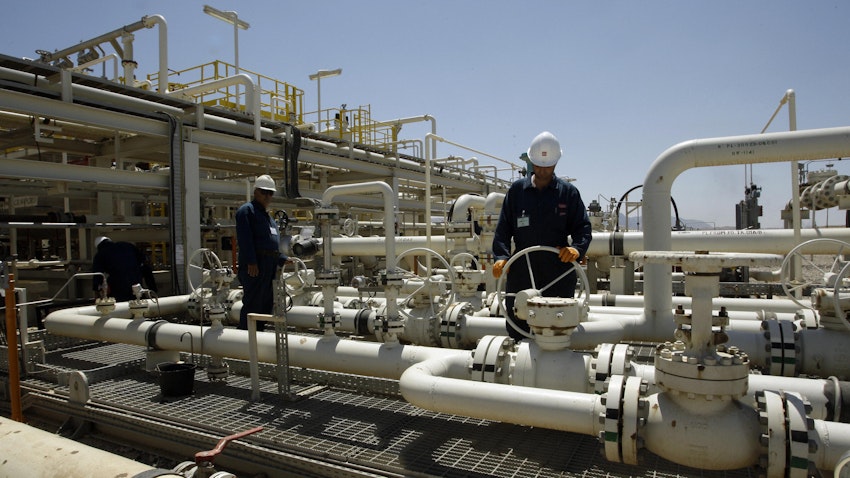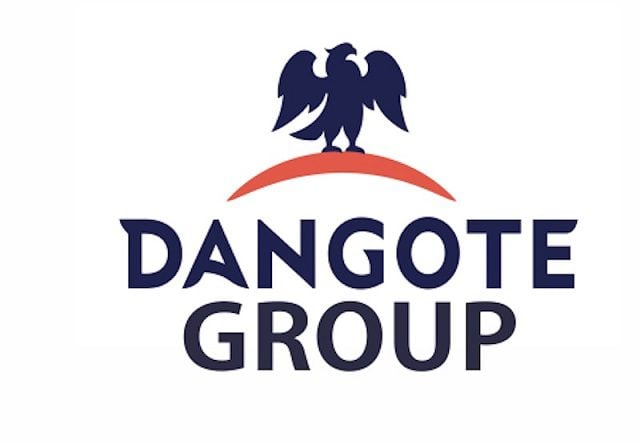By Aymide Otitoju
Nigeria and Ghana could face heightened economic pressures as a result of the escalating conflict between Iran and Israel, with rising oil prices and investor uncertainty threatening currency stability, foreign investment, and inflation, according to a new report by SBM Intelligence.
In the report, titled The Escalating Iran-Israel Conflict and its Implications for West Africa, the Lagos-based security and economic analysis firm warned that the geopolitical tension could undermine foreign direct investment (FDI) and portfolio inflows, stall developmental projects, and raise sovereign borrowing costs.
“The Ghanaian cedi, though currently the world’s best-performing currency against the dollar, remains vulnerable,” the report noted. “Sustained geopolitical uncertainty could heighten risk aversion, increase energy import costs, and pressure Ghana’s foreign reserves.”
The firm also cautioned that the recent surge in gold prices—which Ghana and other West African countries have leveraged for macroeconomic resilience—could be reversed if investor sentiment deteriorates further.
For oil-producing nations like Nigeria, the report acknowledges that rising crude prices offer temporary fiscal relief. Brent crude surged over 4%, jumping from $69.36 to $74.23 per barrel. With Nigeria’s 2025 budget benchmarked at $73 per barrel, the country could benefit from increased oil revenues.
However, SBM Intelligence pointed out that Nigeria’s crude is largely sold via long-term contracts at lower prices, limiting the windfall gains. Moreover, historical patterns suggest rising oil prices do not necessarily curb inflation.
“During the Ukraine war in 2022, oil peaked at $121 per barrel, yet Nigeria’s inflation rose to 18.6%. Similarly, prices hit $90 in 2023 due to OPEC+ cuts, and inflation soared to 26.7% in Nigeria and 38.1% in Ghana,” the report said.
The analysis also underscored the disconnect between oil exports and local fuel supply. Despite being a major crude exporter, Nigeria remains heavily reliant on imported refined products. As global oil prices rise, domestic pump prices are expected to follow suit, feeding into broader inflationary trends.
“Increased fuel costs will ripple across the economy, inflating transport, food, and power expenses—further burdening Nigerian households already grappling with the impact of subsidy removal,” the report stated.
For Ghana, which spends roughly $400 million monthly on refined petroleum imports, the risks are similarly acute. SBM Intelligence warned that a combination of high global prices and a proposed GH¢1 fuel levy could erode recent fuel price relief and deepen economic hardship.










